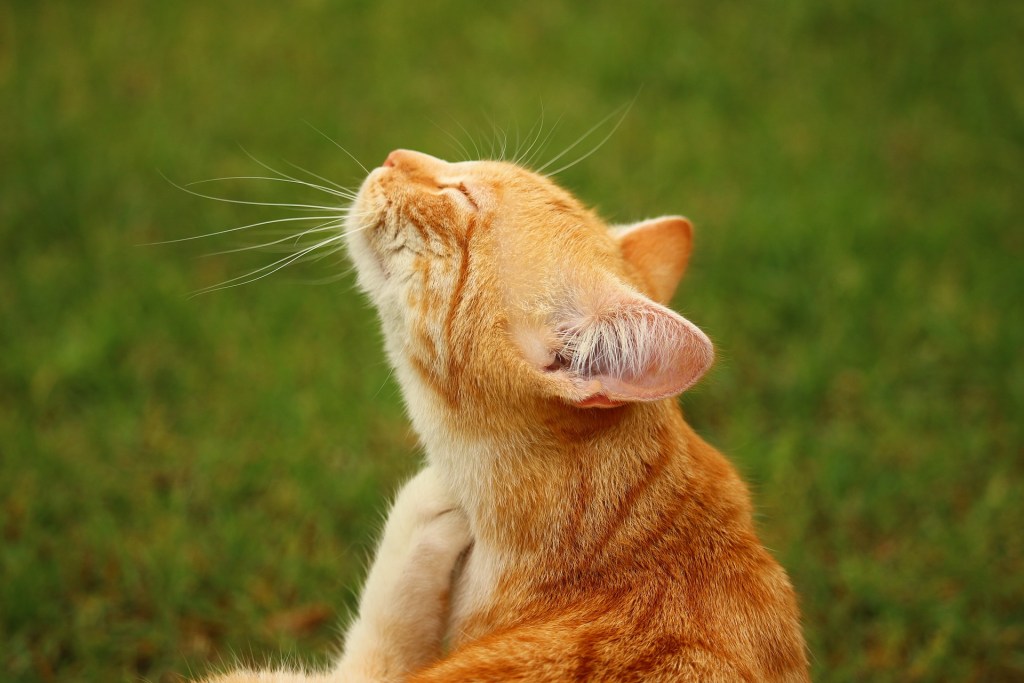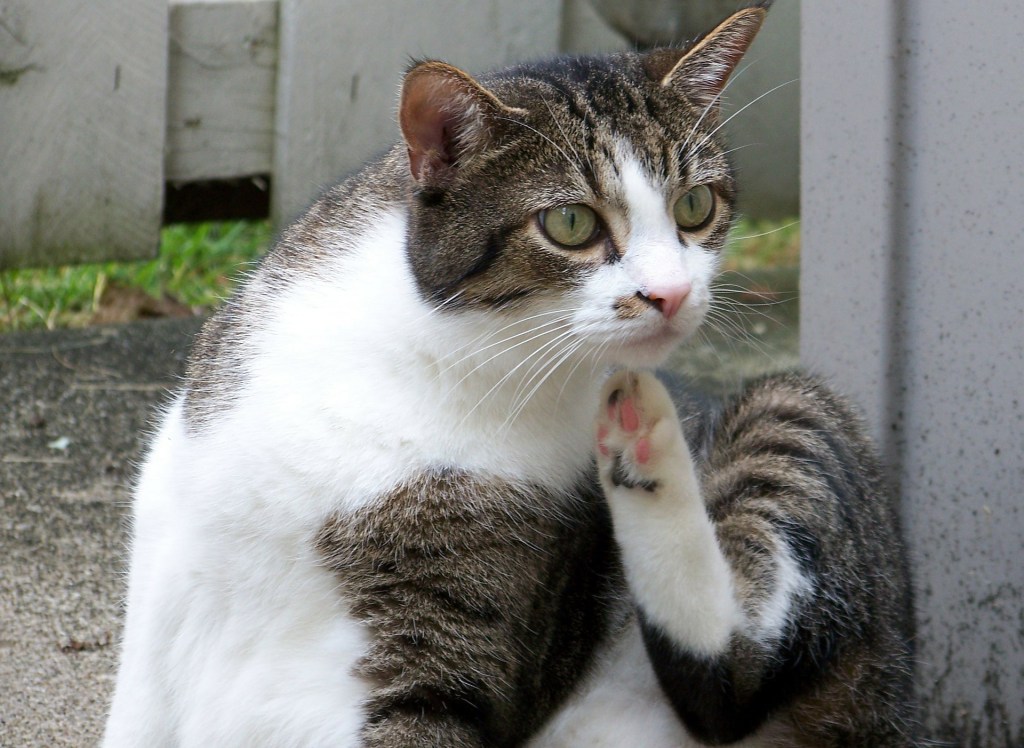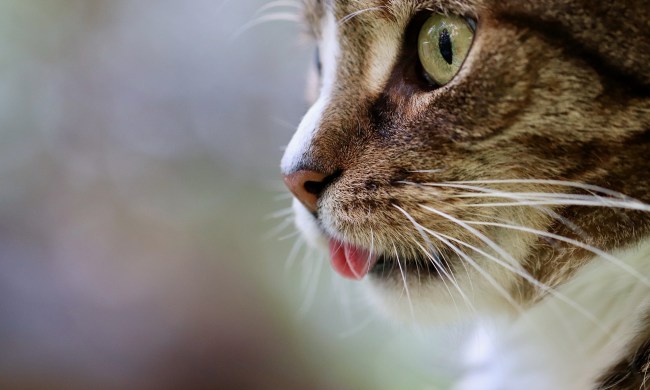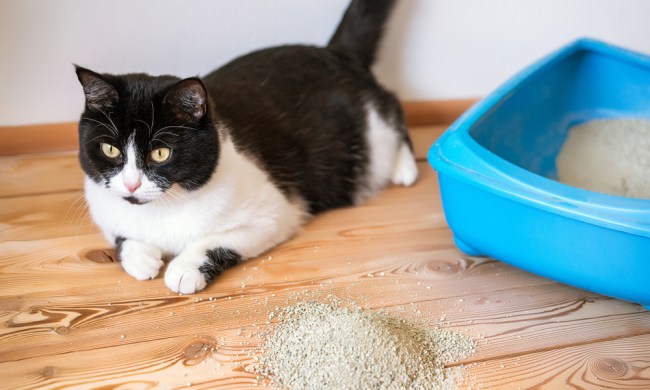Yes, lots of makers of flea and tick collars for cats claim to prevent and control these pests for you and your favorite feline, keeping him healthy by stopping flea infestations literally dead in their tracks. Of course, you also want to save a few bucks wherever you can. Is there a happy medium with these collars and maximum bang for your buck in effectiveness?
We’re happy to report that yes, there are at least three awesome cat flea and tick collars, all for less than $60 each, that deliver on their promises, so both you and your cat are happy in a clean household. Below are some of the best cat flea and tick collars available. They use effective ingredients, are designed with your cat’s safety in mind, don’t have a greasy feel, and are made to keep up with your active outdoor cat. If you’re shopping for new flea and tick protection for your cat, give these collars a look.

ShengKou Flea and Tick Collar for Cats
- Uses citronella oil, cinnamon oil, garlic oil, lemongrass oil, and thyme oil
- Water resistant
- Will break in emergencies
The ShengKou Flea and Tick Collar for Cats puts natural ingredients to work to help repel fleas and ticks. This collar uses citronella oil, cinnamon oil, garlic oil, lemongrass oil, and thyme oil, not harsh chemicals. Its sustained-release design offers up to 12 months of protection, and it doesn’t feel greasy. The collar is made to break in emergencies, so your cat can safely play indoors and outdoors.
It’s designed to be used for cats of any size, and you can adjust the collar and then cut off the excess strap. The collar is water-resistant and can be left in place until you’re ready to replace it. With this value pack, you’ll get two collars and a free flea-removal tool.
Seresto 8-Month Flea and Tick Collar for Cats
- Odorless and greaseless
- Gets fleas and ticks on contact so they don’t have to bite your cat for it to work
- Starts working within 24 hours of putting on the collar
This vet-recommended Seresto 8-Month Flea and Tick Collar for Cats is adjustable for kittens 10 weeks and up. It’s great both for indoor and outdoor kitties. With this collar, low concentrations of feline-safe flea and tick killer release gradually over eight months with no additional treatment needed.
Seresto collars use imidacloprid against fleas and flumethrin against ticks. This is the only collar on the market that uses this combo. Once the collar is fully activated, after the first 24 hours it’s on, it kills new fleas within 2 hours.
Hartz UltraGuard Pro Flea & Tick Collar for Cats and Kittens
- Water resistant
- Features a reflective strip
- Safe for kittens 3 months and up
The Hartz UltraGuard Pro Flea & Tick Collar can be worn at the same time as a regular collar, ensuring outdoor cats won’t get lost because they’re missing an ID tag. Additional safety features include a reflective strip that reflects direct light up to 450 feet and a breakaway, safety-release snap. With a water-resistant design, rain won’t affect the collar’s ability to kill and repel fleas, ticks, flea eggs, and flea larvae. The collar is effective for seven months and is safe for kittens 3 months and older.

When applying a flea collar, be sure to read the manufacturer’s instructions. Some collars are water-resistant instead of waterproof, and others may take different amounts of time before you start to see their effects. It’s important for the collar to fit your cat properly, both to prevent rubbing and to keep him safe.
If your cat already has a flea infestation, then you’ll need to pair the collar with other remedies, including treating your home for fleas and actively vacuuming bedding, furniture, carpeting, and other spaces where fleas may have laid their eggs. Breaking the flea life cycle can be challenging, and investing in a quality flea collar is just one step in managing fleas and ticks for your cat.


